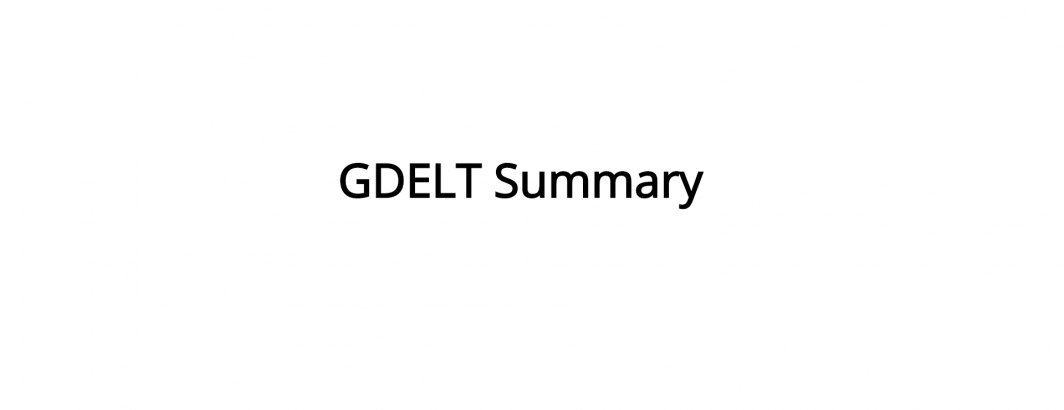
One of the most powerful features of GDELT Summary is the ability it gives you to search across the world's languages, offering familiar keyword searching across the English machine translations of worldwide news coverage in 65 languages. This ensures you are able to find coverage regardless of what country it was published in or what language it was written in.
An example of the power of this approach is searching for coverage of wildlife crime. Searching for articles mentioning both "wildlife" and "poachers" illustrates the power of moving beyond the traditional US-centric monitoring catalogs that are a mainstay of most media monitoring efforts, with the rich diversity of local coverage it returns.
A more powerful example, however, comes from searching for articles mentioning both "ivory" and "airport" to find coverage of ivory seizures at airports. This search yields at the top of the results two Chinese articles, both of which cover an airport ivory seizure, one an initial report and the second with additional detail. It also returns coverage of a seizure and enhanced enforcement efforts at Chinese airports and a mention in Indonesian of a seizure at Heathrow. Grace Mugabe's alleged involvement in ivory smuggling involving Harare's Robert Mugabe International Airport received substantial attention, so you can further refine the results to drop this coverage by filtering out coverage that mentions the word "zimbabwe". A plane crash in the Ivory Coast yields a brief burst of unrelated coverage that can be further filtered out through standard iterative keyword filtering.
Hopefully this brief set of examples offers you new insights into how you can use GDELT Summary to track coverage of all sorts of global issues in realtime across the world's languages and media systems.